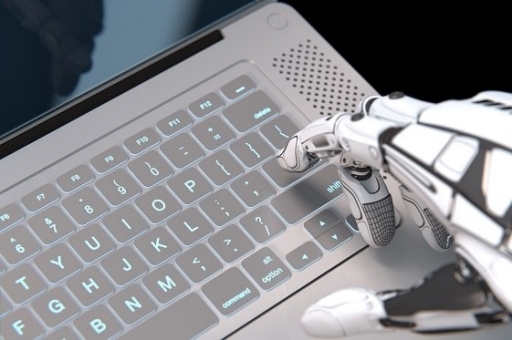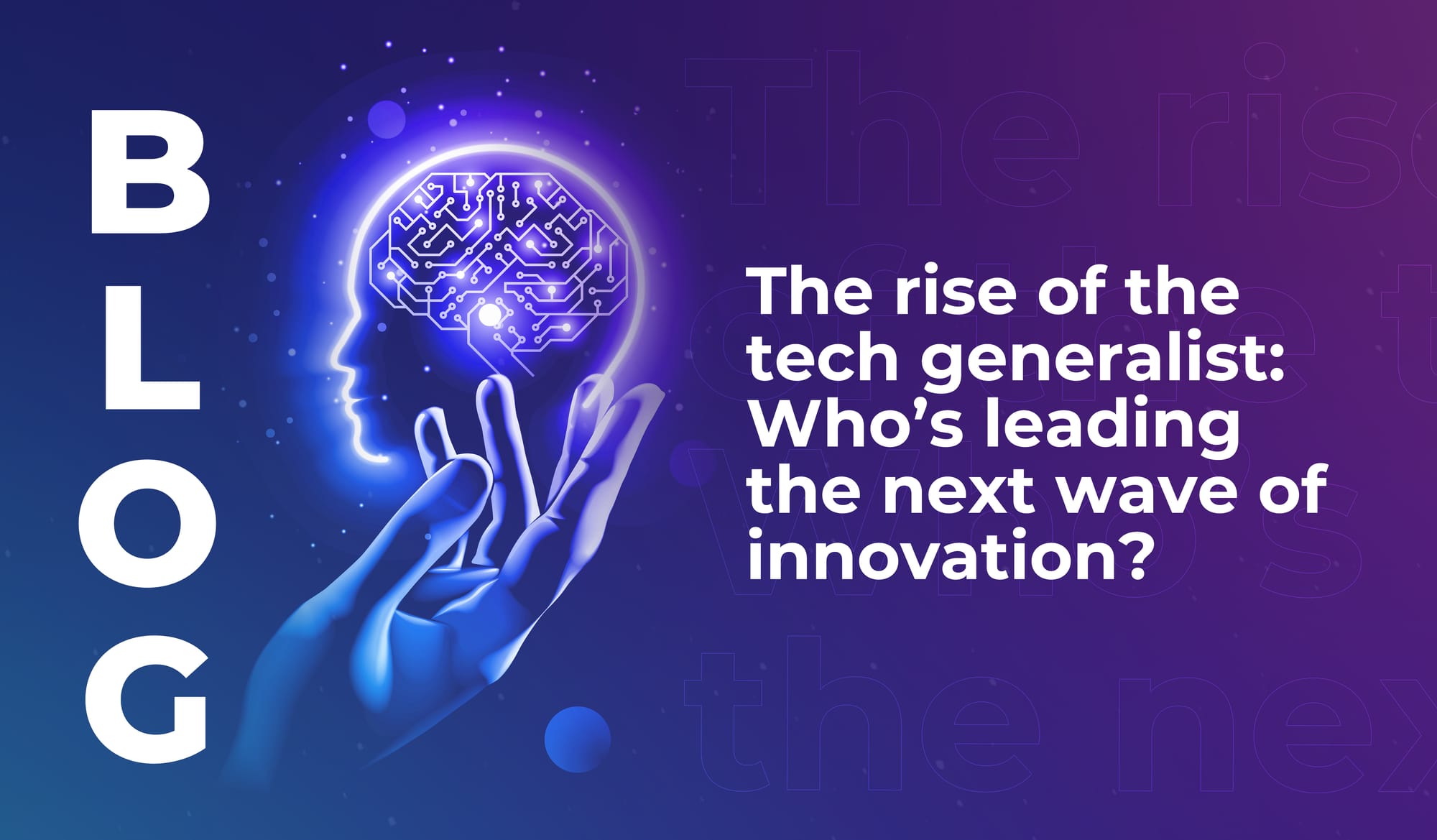
What makes a city ready for a smart future?
Discover the cities that rank highly for smart city preparedness, and learn why locally relevant innovation is more important than cutting-edge tech.


Drop the word ‘robotics’ into a conversation and the chances are you’ll trigger a discussion about humanoid robots or movies such as Blade Runner. Yet robotics technology is revolutionizing everything from security to space exploration.
In a world where natural-language processing has enabled computers to understand human speech and inorganic thinking systems are learning and discovering for themselves, the possibilities of robotics technology are endless. We stand on the edge of a new age in which robots could begin to do things that far exceed human capacity. Today, there are many types of robots that are widespread in many areas of our lives, which perform tedious tasks faster and more efficiently than ever before. For instance, teleoperated robots are semi-autonomous bots that can explore the Earth’s harshest conditions. Also, there are pre-programmed robots that can assist in every aspect of the healthcare industry and help humans recover in physical therapy and many other healthcare fields.
In the manufacturing industry, applications of robotics have allowed robots and co-bots to take over increasingly complex tasks that were traditionally performed by skilled workers. By doing so, they have enabled manufacturing companies to produce goods and products faster and more efficiently than ever before.
“The improvement in efficiency and profitability due to automation is the underlying motivator for the manufacturing industry to adopt technology in their factories and plants,” says Eng. Nawaf Alhoshan, Deputy Minister for Technology Development at the Ministry of Communications and Information Technology in Saudi Arabia. “Both government and private sector entities are investing significantly in The Internet of Things (IoT), robotics automation, biotechnology, AI and machine learning to make our manufacturing industry more competitive, efficient and productive. IoT and industry 4.0 technologies are the basis for the smart manufacturing industry and transforming supply chains.”
Robotics technology has been identified as one of seven emerging technologies capable of driving significant growth in Saudi Arabia, which is why it forms an integral part of the country’s Vision 2030. It is also a growth market, with the World Robotics 2020 Industrial Robots report revealing that a record of 2.7 million industrial robots were operating in factories around the world in 2019 – an increase of 12 percent on the previous year. The sale of medical robotics alone accounted for 47 percent of professional service robot turnover in 2019, and by 2022 medical robot sales have the potential to more than double to $11.3 billion, according to the International Federation of Robotics. All of this is possible with Robotic Processing Automation (RPA) that reduces costs and improves manufacturing and industrial processes.
With robotics enabling the enhanced production of everything from autonomous cars and medicines to 3D printed buildings and 3D printed face shields, it is a priority for LEAP, the country’s biggest tech festival scheduled for February 2022. Robotics is revolutionising all areas of manufacturing and construction, with their use impacting everything from supply chains to inventory management and manufacturing logistics.
One company that has placed a premium on digital transformation and automation is Aramco. The oil and gas giant is engineering solutions in-house to enhance productivity and efficiency, with robotics technology being a big part of its strategy to become a global innovation powerhouse. Its Shallow Water Inspection and Monitoring Robot (SWIM-R) already enhance pipeline inspection speed, efficiency, and safety, and the Saudi Aramco Inspection Robot (SAIR) is capable of conducting a visual inspection, ultrasonic thickness gauging, and gas sensing on hard-to-reach steel surfaces.
“One of the most impactful 4IR technologies, robotics is becoming mainstream in manufacturing-intensive uses,” wrote Ahmad Al Sa’adi, SVP of Technical Services at Aramco. “But industries like ours are using the robotics technology both to automate tasks and reduce risk in extreme environments – such as crawler robots to inspect pipes and other subsea structures. SWIM-R, Saudi Aramco’s proprietary shallow-water pipeline inspection and modeling innovation, and other remotely operated robots can also perform asset predictive analytics and optimize performance.”
|
In the UAE, Strata Manufacturing, a wholly-owned subsidiary of Mubadala Investment Company, has adopted innovative solutions that are centered around its ‘factory of the future’ model. “Automation provides us with an opportunity to increase productivity, with enhanced speed, precision and accuracy throughout our manufacturing process, which will ultimately benefit our partners and customers,” says Ismail Ali Abdulla, CEO of Strata. “Whilst our first decade of operations can be characterized by our expertise in manufacturing composite aero-structures components, the next decade will highlight how cutting-edge manufacturing technologies, including robotic process automation (RPA), will play a key role in advancing and expanding Strata’s manufacturing capabilities.” |
The company has already adopted and deployed Hot Drape Forming and computer-controlled robotic Automated Tape Layup machines to fully automate the assembly of inboard flaps (wing parts) for the Airbus A350-900. It has also invested in a robotic automation system for Non-Destructive Testing, with twin robots able to automatically perform all the activities that previously required humans.
Such innovation does not come without some level of disruption, particularly in relation to jobs. According to the World Economic Forum, by 2025 humanoid robots will perform more current work tasks than humans, compared with the 71 percent being performed by humans today. However, the rapid evolution of robotics and algorithms in the workplace could also create 133 million new roles in place of the 75 million that will be displaced between now and 2022.
To build a sustainable future, Aramco has invested in both a Research and Development Center in collaboration with the King Abdullah University of Science and Technology (KAUST), and a Fourth Industrial Revolution Centre (4IRC), where technological and digital innovation is transforming the way the company runs its operations. The latter was opened in March 2019 at Aramco’s premises in Dhahran.
Robotics lies at the heart of both the Research and Development Center and the 4IRC, with Robotic Dust Mitigation just one of the solutions to emerge from the company’s work with KAUST. With the accumulation of dust greatly impacting the efficiency of solar panels, a robotic automation solution was developed to clean the panels and help avoid a significant reduction in efficiency.
All of which has contributed to Aramco’s Uthmaniyah Gas Plant being recognized by the World Economic Forum as a ‘Lighthouse’ manufacturing facility – a leader in technology applications of the Fourth Industrial Revolution. Aramco is the first energy company globally to be included in this select group of manufacturing sites. Robots will keep getting smarter and more efficient as they will continue to take on more difficult challenges and help to secure supply chains.

Discover the cities that rank highly for smart city preparedness, and learn why locally relevant innovation is more important than cutting-edge tech.

If you’ve ever thought about becoming a tech investor, read this – learn why investors are the quiet force shaping the future of the industry.

Tech generalists will enable emerging technologies to integrate across industries and societies in meaningful ways. We still need specialists – but we also need big-picture people.

Discover the cities that rank highly for smart city preparedness, and learn why locally relevant innovation is more important than cutting-edge tech.

If you’ve ever thought about becoming a tech investor, read this – learn why investors are the quiet force shaping the future of the industry.

Tech generalists will enable emerging technologies to integrate across industries and societies in meaningful ways. We still need specialists – but we also need big-picture people.